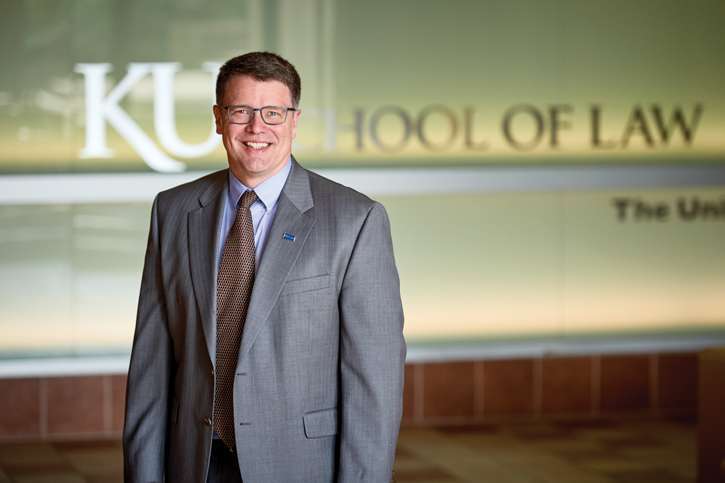
By NICK GOSNELL
Hutch Post
HUTCHINSON, Kan. — According to a University of Kansas law professor, there are a couple of routes the U.S. Supreme Court could choose to take to uphold the Affordable Care Act after oral arguments took place Tuesday in California v. Texas. One involves a concept called severability.
"Severability is a body of judicial doctrine which asks the question, hey, we have a statute here and the statute has lots of parts," said Lou Mulligan, Earl B. Shurtz Research Professor of Law at The University of Kansas. "Some parts of it are constitutional and some parts of it are not constitutional, so, should we find the entire statute unconstitutional, or just the sub-part unconstitutional?"
The justices appeared to believe that the individual mandate portion of the law may be severable from the rest of it, but that's only if they think the case actually should have gotten to the court in the first place. That is where the concept of standing comes into play.
"Standing is the body of law that says, hey, you can only come to court if you're actually hurt," Mulligan said. "You can't come to court just because you're mad. You actually have to have what the courts call a concrete injury. Here, the ACA was amended to make the mandate tax penalty $0. There's a real question. What is your injury? If you don't get insurance under Obamacare, you'll face a zero dollar penalty?"
It's not clear which route the court may take. A decision in the case is expected sometime next year.





